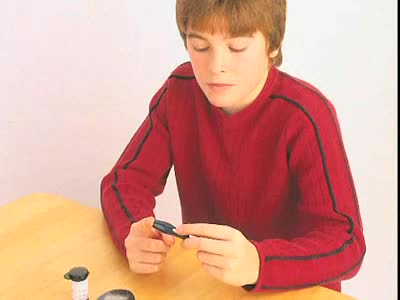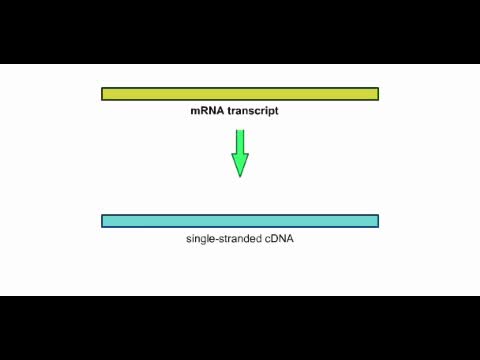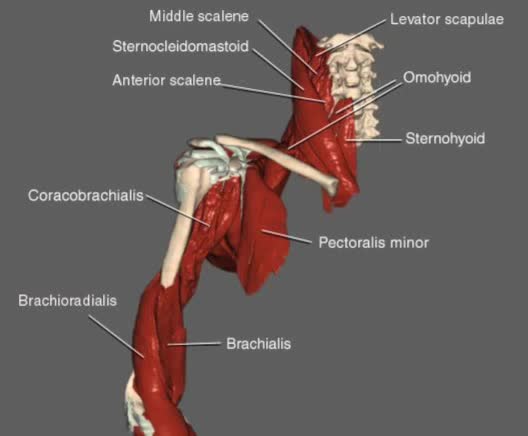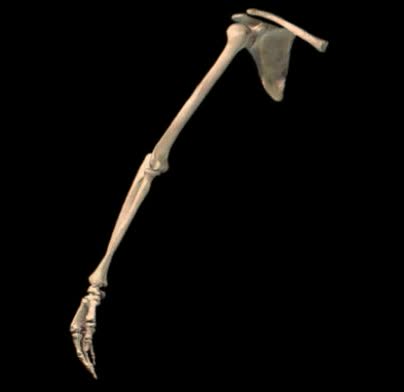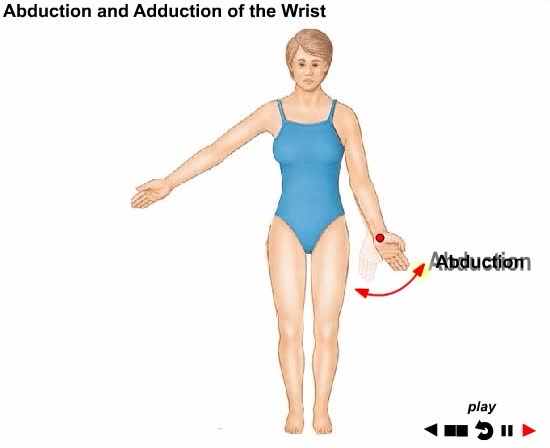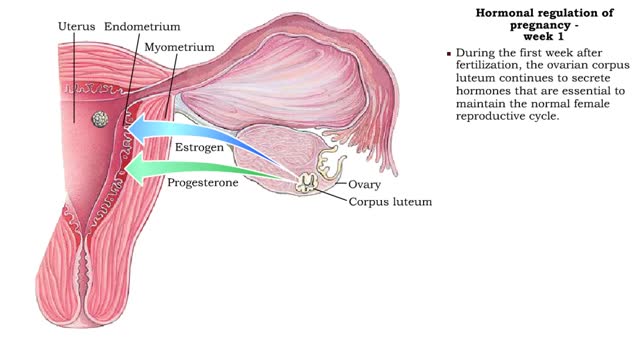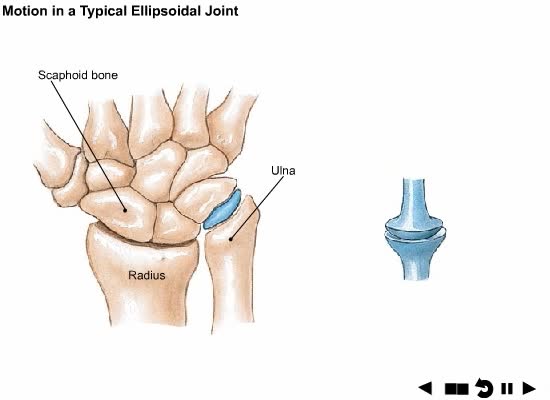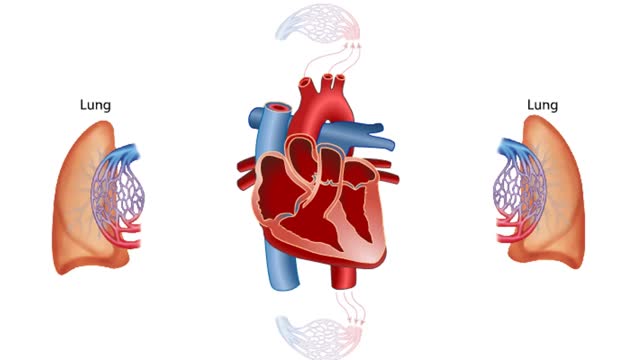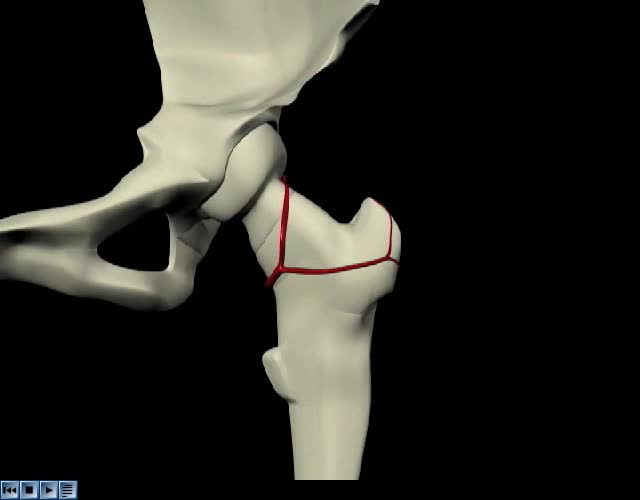Search Results
Results for: 'The Chlamydomonas life cycle Animation'
By: Administrator, Views: 14233
The precise source of diabetic issues in children is not known. However, aspects like genetics, household history, bad diet plan, etc. are considered as some of the diabetes causing aspects. In many of the cases, adolescent diabetes is a genetic (acquired at birth). diabetes symptoms in children ...
By: HWC, Views: 5594
This animation shows how an mRNA transcript can be used to make a cDNA strand.
By: Administrator, Views: 799
Four muscles—the supraspinatus, infraspinatus, teres minor, and subscapularis—make up the rotator cuff. It stabilizes the shoulder and holds the head of the humerus into the glenoid cavity to maintain the principal shoulder joint.
By: Administrator, Views: 541
Types of body movement that occur at the diarthrotic joints: - Rotation - Supination
By: Administrator, Views: 521
Types of body movement that occur at the diarthrotic joints: - Abduction - Adduction - Circumduction - Dorsiflexion
Hormonal regulation of pregnancy - week 1
By: HWC, Views: 11461
• During pregnancy, hormones play a significant role in triggering changes in the mother and fetus. • Ormones : • Maintain the lining of the uterus and prevent menstruation. Prepare the mammary glands for lactation. • Increase flexibility of the pubic symphysis. • Affect the mot...
Classification of Joints Animation
By: Administrator, Views: 470
Types of body movement that occur at the diarthrotic joints: - Abduction - Adduction - Circumduction - Dorsiflexion Classification of Joints: - Synarthrosis (Fibrous) - Amphiarthrosis (Cartilaginous) - Diarthrosis (Synovial)
Blood Flow through the Human Heart
By: HWC, Views: 10972
The heart is the pump of the human circulatory system. The left side of the heart has two connected chambers, the left atrium and the left ventricle. The right side of the heart also has two connected chambers, the right atrium and the right ventricle. These two sides, or pumps, of the heart are ...
By: Administrator, Views: 13777
A hip fracture is a break in the upper quarter of the femur (thigh) bone. The extent of the break depends on the forces that are involved. The type of surgery used to treat a hip fracture is primarily based on the bones and soft tissues affected or on the level of the fracture.
Advertisement



